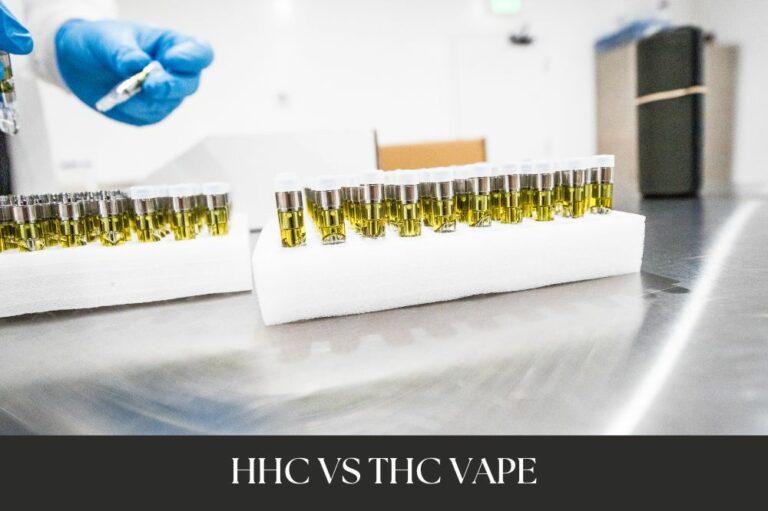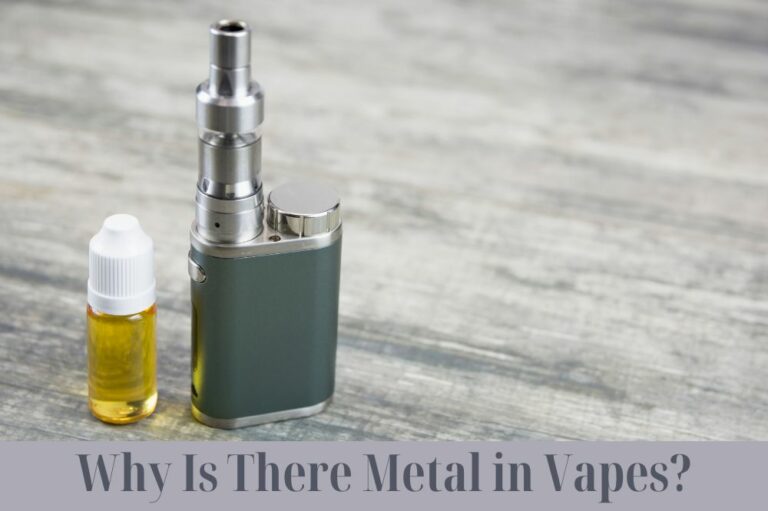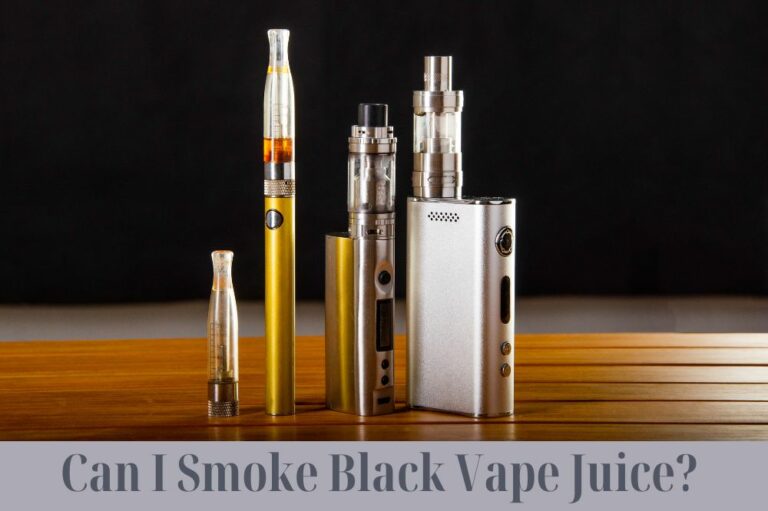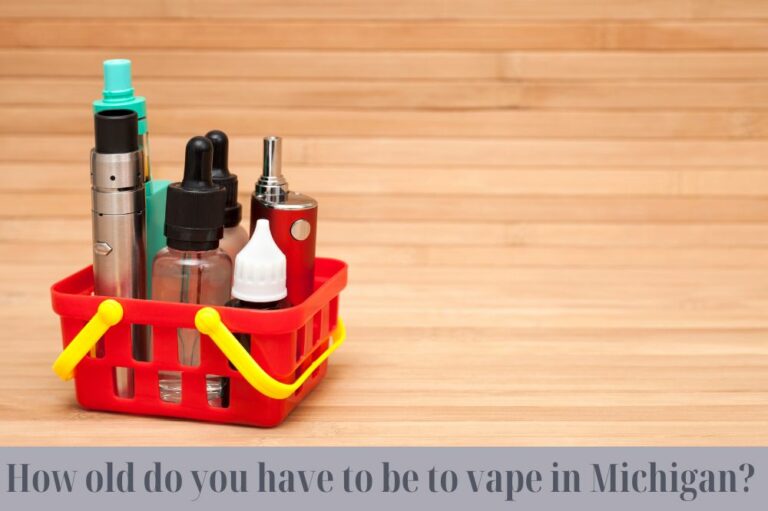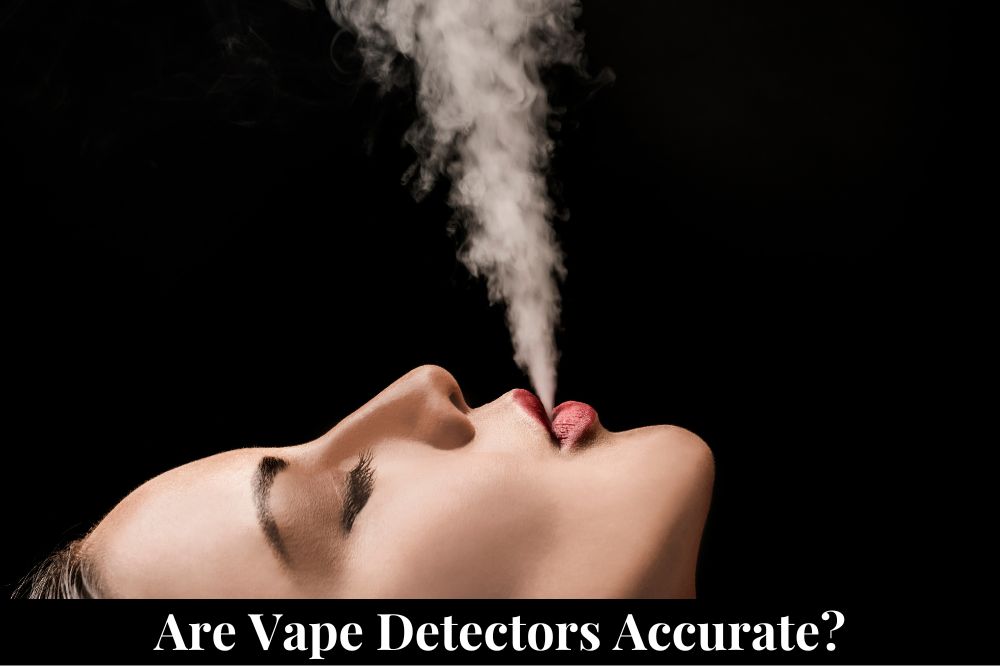
So, you’re wondering if vape detectors are accurate, huh? Well, you’re not alone. With the rise of vaping in recent years, many schools, businesses, and public spaces have installed vape detectors to discourage people from vaping in prohibited areas. But just how accurate are these detectors?
First off, it’s important to understand how vape detectors work. These devices are designed to detect the chemicals and particles released when someone vapes. They can be installed in various locations, such as bathrooms, classrooms, and hallways. When the detector senses vaping activity, it sends an alert to the appropriate authority, such as a school administrator or security guard.
But the question remains: are vape detectors accurate? While these devices can be effective in detecting vaping activity, they are not foolproof. Factors such as air flow, ceiling height, and the type of vape device being used can all affect the accuracy of the detector. Additionally, some people have found ways to trick the detectors, such as by blowing vape smoke into a toilet or covering the detector with a plastic bag. So, while vape detectors can be a useful tool in discouraging vaping, it’s important to keep in mind their limitations.
The Hilarious History of Vape Detectors
Vape detectors have become a common sight in schools, offices, and other public places. But did you know that the idea of a vape detector is not new? In fact, the concept of detecting vapor has been around for a long time.
Back in the 1960s, smoke detectors were first introduced to the market. These devices were designed to detect smoke and alert occupants of a building in case of a fire. Fast forward to the 2000s, and the vaping trend began to take off. Schools and other public places started to install smoke detectors to detect vaping, but these devices were not designed to detect vapor.
Schools then turned to using air quality monitors to detect vaping. However, these monitors were not effective, as they were not specifically designed to detect vapor particles.
In 2017, a company called Soter Technologies introduced the first vape detector. This device was specifically designed to detect vaping and was equipped with sensors that could detect vapor particles in the air. However, these detectors were not perfect and could be triggered by other things, such as aerosol sprays.
SPIRITBAR Katana BP10000
- Slender, leather-textured body reminiscent of a katana handle for an authentic samurai feel
- Unique samurai-inspired e-liquid flavor - fruity yet not too sweet, with a luxurious, elegant aroma
- Powerful 650mAh rechargeable battery for extended vaping time
- Large 18ml e-liquid capacity and 10,000 puff capacity
- Advanced mesh coil and e-liquid & power display screens for optimal vaping experience
The special juice captures the essence of the samurai spirit with its rich, smoothly pulsating flavor that brings new satisfaction with every puff. The device's slender, leather-textured design evokes the grip of a samurai's katana, making this product a perfect choice for beginner vapors.
Today, vape detectors have come a long way. They are more accurate and reliable than ever before. Some detectors even have the ability to differentiate between vaping and smoking, which is a significant improvement from the early days.
In conclusion, the history of vape detectors is a hilarious one. From using smoke detectors to air quality monitors to the first vape detectors, it’s clear that schools and other public places have been struggling to keep up with the vaping trend. But with the latest advancements in technology, vape detectors are becoming more accurate and reliable, making it easier to detect vaping in public places.
The Science Behind Vape Detectors
So, you want to know if vape detectors are accurate? Well, let’s dive into the science behind these devices and find out!
SPIRITBAR Jack’s Flask 9000 Puffs
- Stylish pirate flask-shaped body providing an exciting vaping experience
- Delivering up to 9000 puffs per device
- 20ml e-liquid capacity with 50mg nicotine strength for satisfying throat hit
- Specialized pirate-themed e-juice flavors for rich, swirling taste
- Premium mesh coil optimizes flavor profile for maximum vaping enjoyment
This disposable vape captures the daring spirit of the high seas with its flask styling and signature pirate e-juice flavors. The extraordinary battery life provides 9000 indulgent puffs for extended vaping pleasure. Live boldly and freely with the Jack's Flask - a legendary vaping experience fit for a pirate's adventures.
Chemical Detection
One of the primary ways that vape detectors work is by detecting the chemicals present in vapor. Vape detectors often use sensors that can detect the presence of chemicals like propylene glycol, glycerin, and nicotine. When these chemicals are present in the air, the sensors in the vape detector can pick them up and alert you to their presence.
But here’s the thing: not all vape detectors are created equal. Some detectors may only be able to detect certain chemicals, while others may be more sensitive and detect a wider range of chemicals. So, if you’re looking for a vape detector that’s going to be most accurate, you’ll want to look for one that uses high-quality sensors and can detect a wide range of chemicals.
The Role of Aerosols
Another way that vape detectors work is by detecting the aerosols that are produced by vaping. When you vape, you’re producing tiny droplets of liquid that contain the chemicals mentioned above. These droplets are known as aerosols, and they’re what vape detectors are designed to detect.
But detecting aerosols isn’t always easy. Some vape detectors use photoelectric sensors that emit a beam of light inside the device. When the aerosols from a vape interact with this light, they scatter the beam, which can trigger an alert. Other detectors use sound sensors that can pick up the sound of someone inhaling from a vape device.
Overall, vape detectors can be an effective way to detect the presence of vaping in public spaces. However, it’s important to note that no vape detector is 100% accurate. Factors like the sensitivity of the sensors and the presence of other chemicals in the air can affect the accuracy of these devices. So, while vape detectors can be a useful tool, they should be used in conjunction with other methods to ensure the safety of public spaces.
Accuracy: A Heated Debate
So, you want to know if vape detectors are accurate? Well, that’s a heated debate, my friend. Some people swear by them, while others say they’re about as accurate as a weatherman predicting the weather.
On one hand, vape detectors can detect the chemicals in vaping aerosol and send alerts to the authorities. That sounds pretty accurate, right? But on the other hand, they can also be triggered by other things like steam from a hot shower or even a can of hairspray. So, are they really accurate?
It all depends on who you ask. Some people will tell you that vape detectors are the best thing since sliced bread, while others will tell you they’re about as useful as a screen door on a submarine.
One thing is for sure, though: vape detectors are not foolproof. They can be triggered by other things besides vaping, and they can also miss vaping if the person is using a low-emitting device or exhaling into a bag.
SPIRITBAR Katana BP10000
- Slender, leather-textured body reminiscent of a katana handle for an authentic samurai feel
- Unique samurai-inspired e-liquid flavor - fruity yet not too sweet, with a luxurious, elegant aroma
- Powerful 650mAh rechargeable battery for extended vaping time
- Large 18ml e-liquid capacity and 10,000 puff capacity
- Advanced mesh coil and e-liquid & power display screens for optimal vaping experience
The special juice captures the essence of the samurai spirit with its rich, smoothly pulsating flavor that brings new satisfaction with every puff. The device's slender, leather-textured design evokes the grip of a samurai's katana, making this product a perfect choice for beginner vapors.
So, are vape detectors accurate? It’s hard to say. They can be useful in certain situations, but they’re not perfect. If you’re relying on them to catch every instance of vaping, you might be disappointed. But if you’re using them in conjunction with other methods, like education and enforcement, they can be a helpful tool.
Factors Affecting Accuracy
Vape detectors are becoming increasingly popular in schools, businesses, and other places where vaping is prohibited. However, the accuracy of these detectors can be affected by various factors. In this section, we will look at some of the factors that can affect the accuracy of vape detectors.
Environmental Conditions
One of the main factors that can affect the accuracy of vape detectors is the environmental conditions. Vape detectors work by detecting the presence of specific chemicals that are released when vaping occurs, such as nicotine, propylene glycol, and vegetable glycerin. However, if the air quality is poor, it can interfere with the accuracy of the detector. For example, if there is a lot of dust or smoke in the air, it can trigger the detector and give a false positive reading.
Detector Maintenance
Another factor that can affect the accuracy of vape detectors is the maintenance of the detector. Like any other electronic device, vape detectors require regular maintenance to ensure that they are working properly. If the detector is not maintained properly, it can malfunction and give inaccurate readings. For example, if the detector’s sensors are dirty or damaged, it may not detect vaping correctly.
To ensure that your vape detector is working accurately, it is important to follow the manufacturer’s maintenance instructions. This may include cleaning the detector’s sensors regularly, replacing batteries when necessary, and checking for any signs of damage or wear and tear.
In conclusion, while vape detectors can be a useful tool for detecting vaping in prohibited areas, their accuracy can be affected by various factors. By understanding these factors and taking steps to maintain your detector properly, you can ensure that it is working accurately and effectively.
Vape Detector Testing
So, you’ve installed a vape detector in your school or workplace, but how accurate is it? Well, the only way to find out is by testing it.
The first thing you should do is read the manufacturer’s instructions carefully. Make sure you understand how the detector works, what it can detect, and how to interpret its alerts.
Next, you’ll need to test the detector with a variety of vaping devices. Try different types of e-cigarettes, vape pens, and mods, and see if the detector can detect them all.
You should also test the detector in different locations. Try it in a well-ventilated area, in a closed room, and in a busy hallway. This will give you a better idea of the detector’s range and sensitivity.
It’s also important to test the detector in different weather conditions. Humidity, temperature, and air pressure can all affect the detector’s accuracy, so make sure you test it in different environments.
Finally, don’t forget to test the detector regularly. Vaping technology is constantly evolving, so you’ll need to make sure your detector is up-to-date and can detect the latest devices.
Remember, a vape detector is just one tool in your arsenal against vaping. It’s important to have a comprehensive anti-vaping policy that includes education, counseling, and enforcement.
Misconceptions and Myths
You might have heard some myths about vape detectors that are not entirely accurate. Let’s debunk some of these misconceptions:
- Myth #1: Smoke detectors can detect vape. This is not entirely true. Smoke detectors are designed to detect smoke, which is different from vapor. Smoke is a product of combustion, while vapor is a product of heating a liquid to create an aerosol. Vape detectors are specifically designed to detect vapor, while smoke detectors are not.
- Myth #2: Vape detectors are expensive and difficult to install. This is not entirely true either. Vape detectors are relatively inexpensive and easy to install. They can be installed in the same way as smoke detectors, and they are powered by batteries or hardwired to the building’s electrical system.
- Myth #3: Vape detectors are unreliable. This is not entirely true either. Vape detectors are designed to detect the chemicals and particles that are present in vape aerosols. They are calibrated to detect specific chemicals and particles, and they are very accurate at detecting them.
- Myth #4: Vape detectors are unnecessary. This is not entirely true either. Vape detectors are necessary in places where vaping is prohibited, such as schools, hospitals, and workplaces. They help to enforce no-vaping policies and protect people from the harmful effects of secondhand vapor.
- Myth #5: Vape detectors are intrusive and violate privacy. This is not entirely true either. Vape detectors are designed to detect the presence of vapor, not to spy on people. They do not record conversations or images, and they do not violate privacy.
In conclusion, vape detectors are accurate and necessary in places where vaping is prohibited. They are relatively inexpensive and easy to install, and they are designed to detect the chemicals and particles that are present in vape aerosols. Don’t believe the myths and misconceptions about vape detectors – they are an important tool in protecting people from the harmful effects of secondhand vapor.
Vape Detectors in the Real World
So, you’re curious about the accuracy of vape detectors? Let’s take a look at how these detectors are being used in the real world.
Schools are one of the primary places where vape detectors are being implemented. These detectors help enforce anti-vaping policies and maintain a healthy environment. In fact, countless states have enacted bans on vaping in places where smoking is banned, and use vape detectors to enforce them. For example, a school district in Charleston County, South Carolina, uses vape detectors to discourage students from vaping and smoking on campus.
Workplaces are also using vape detectors to maintain a healthy environment. These detectors help ensure that employees are not exposed to harmful secondhand smoke or vapor. And unlike smoke detectors, vape detectors are relatively unintrusive. They don’t even record video or audio – they just register the chemical signature of vaping aerosol, then send an email or text.
But what about the wily teens who try to outsmart vape detectors? Well, they may try to use devices that don’t produce visible vapor or have strong aromas, but ultimately, vape detectors are pretty accurate. They can detect even the smallest traces of vaping aerosol, so don’t try to be sneaky!
Overall, vape detectors are a useful tool for maintaining a healthy and smoke-free environment. Whether you’re in a school or workplace, these detectors can help ensure that everyone is breathing clean air. So, don’t be a vape rebel – follow the rules and stay healthy!




